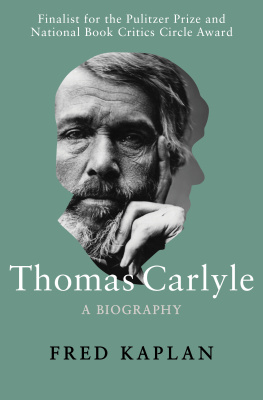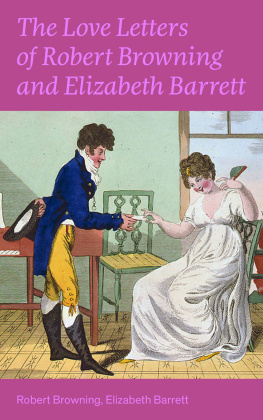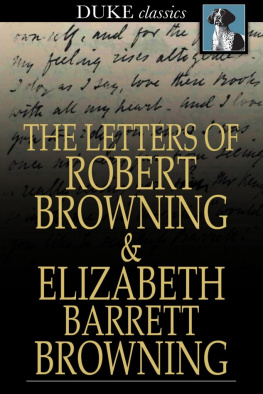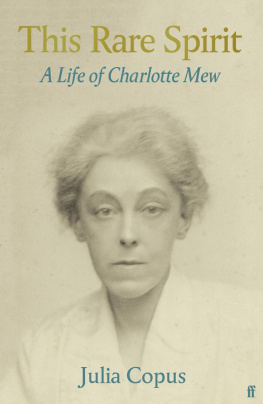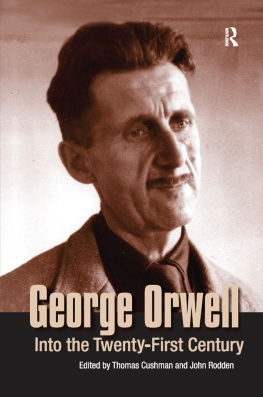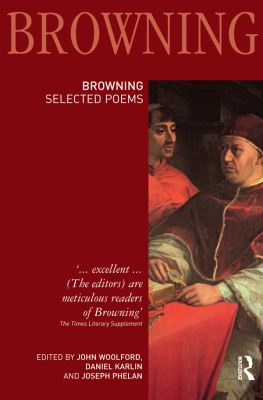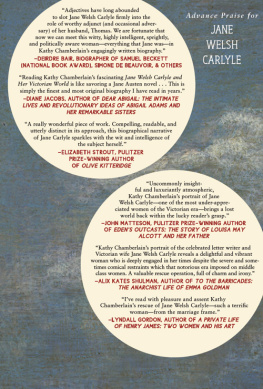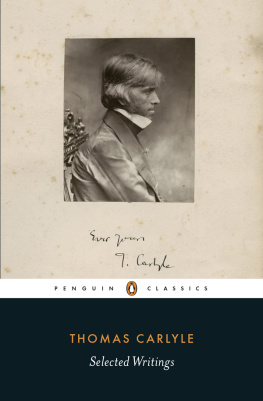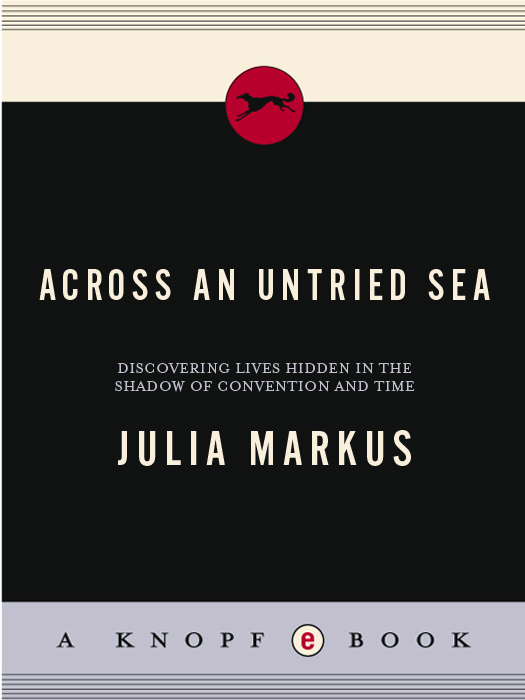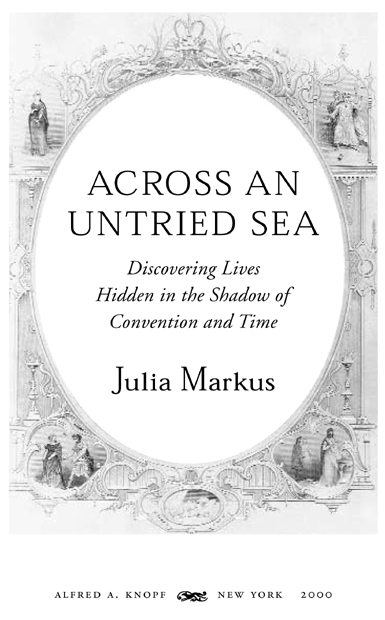Julia Markus - Across an Untried Sea: Discovering Lives Hidden in the Shadow of Convention and Time
Here you can read online Julia Markus - Across an Untried Sea: Discovering Lives Hidden in the Shadow of Convention and Time full text of the book (entire story) in english for free. Download pdf and epub, get meaning, cover and reviews about this ebook. year: 2013, publisher: Knopf Doubleday Publishing Group, genre: Non-fiction. Description of the work, (preface) as well as reviews are available. Best literature library LitArk.com created for fans of good reading and offers a wide selection of genres:
Romance novel
Science fiction
Adventure
Detective
Science
History
Home and family
Prose
Art
Politics
Computer
Non-fiction
Religion
Business
Children
Humor
Choose a favorite category and find really read worthwhile books. Enjoy immersion in the world of imagination, feel the emotions of the characters or learn something new for yourself, make an fascinating discovery.

- Book:Across an Untried Sea: Discovering Lives Hidden in the Shadow of Convention and Time
- Author:
- Publisher:Knopf Doubleday Publishing Group
- Genre:
- Year:2013
- Rating:5 / 5
- Favourites:Add to favourites
- Your mark:
Across an Untried Sea: Discovering Lives Hidden in the Shadow of Convention and Time: summary, description and annotation
We offer to read an annotation, description, summary or preface (depends on what the author of the book "Across an Untried Sea: Discovering Lives Hidden in the Shadow of Convention and Time" wrote himself). If you haven't found the necessary information about the book — write in the comments, we will try to find it.
Julia Markus focuses in particular on the American Charlotte Cushman, the most famous English-speaking actress of her day, and on the Scottish Jane Welsh Carlyle, a brilliant London hostess who gave up private ambition to become the wife of her friend Thomas Carlyle.
Charlotte Cushman became an international star on the New York and London stage, and her Romeo and Hamlet were sensations. An independent woman with shrewd business sense who made her own fortune and supported her entire family, she dressed like a man from the waist up and had a succession of female lovers, each one of whom she planned to live with for life, each of whom she married.
Jane Welsh Carlyle, literary hostess, unparalleled letter writer and chronicler of her timeswho, after a passionate youthful love affair, resolved to marry genius or not at allbecame the wife of the revered and lionized philosopher Thomas Carlyle, a difficult, demanding man with whom she had a sexless marriage.
Interweaving the worlds of Charlotte Cushman and Jane Carlylethe worlds of expatriate Rome, literary London, New York, and St. LouisMarkus gathers together a number of interrelated and renowned women who were relegated in the public eye to the position of Virgin Queen (no matter how much married) or Old Maid, but who were, in fact, privately leading vibrant, independent, sexual lives. Among them: Matilda Hays, translator of George Sand; Harriet Hosmer, who resolved to become the worlds first professional woman sculptor; and Emma Stebbins, whom Cushman married and who created the Bethesda Fountain in New Yorks Central Park. Here, too, are the people who sought the friendship of Cushman and Carlyle, including Ralph Waldo Emerson, Horace Mann, Elizabeth Peabody, President Lincolns Secretary of State William H. Seward, Geraldine Jewsbury, and Rosa Bonheur.
Making use of letters, diaries, newspaper accounts, and journals of the day, many of them overlooked and unpublished, Julia Markus rediscovers lives forgotten in the shadows of convention and shows how these remarkable womenseemingly separated by nationality, class, and sexual inclinationmet, formed alliances, and influenced one another, forging changes in themselves and in their time.
Julia Markus: author's other books
Who wrote Across an Untried Sea: Discovering Lives Hidden in the Shadow of Convention and Time? Find out the surname, the name of the author of the book and a list of all author's works by series.

